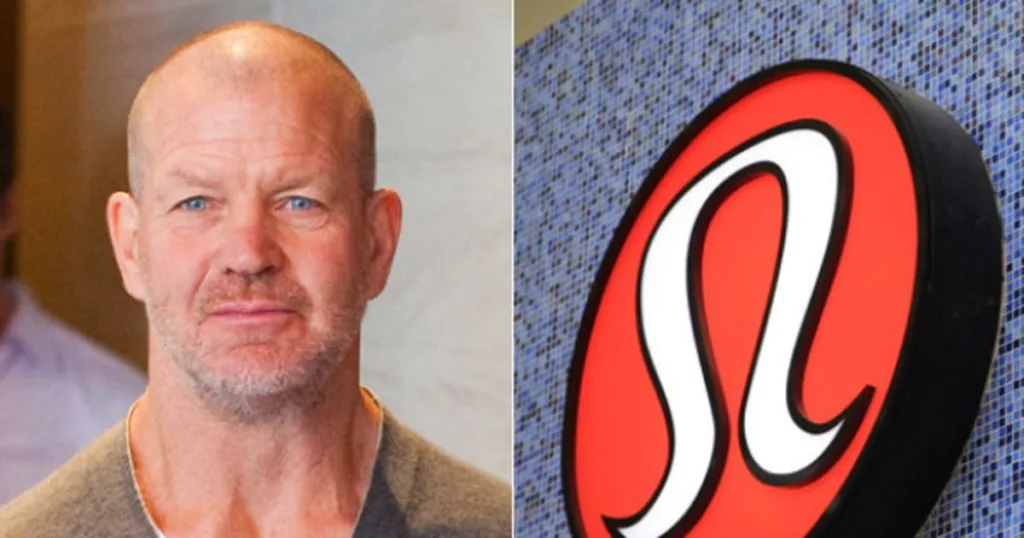

Stretching Boundaries: Lululemon’s Chip Wilson Sparks Debate on Fitness, Fashion, and the Road to Inclusion
In a recent interview with Forbes, Lululemon co-founder Chip Wilson threw some shade at the company’s move towards embracing Diversity, Equity, and Inclusion (DEI) policies. Wilson, who may not be in the company’s daily hustle anymore but still owns a chunk of it, expressed concerns about the brand losing its fitness mojo by featuring models he described as “unhealthy” and “not inspirational.”


According to Wilson, Lululemon is at risk of becoming a jack-of-all-trades, trying to cater to everyone like the Gap. “The definition of a brand is that you’re not everything to everybody,” he argued. “You must be evident that you don’t need specific clients coming in.”
But not everyone is vibing with Wilson’s viewpoint. Joanna Schwartz, a marketing professor at Georgia College & State University, pointed out that Lululemon’s success so far came from super-serving their core audience—mainly well-off, fit, and younger women. She sees it as an aspirational brand, all about high-quality stuff that rarely goes on sale, embracing a lifestyle centered around intentionality, oneness, and yoga.
Yet, Schwartz thinks it’s time for Lululemon to broaden its horizons a bit. She suggests that Wilson might not be thrilled about the brand’s push for more diversity, including models of different races and sizes. “He plainly sees Lululemon as a brand where a huge level of the people isn’t wanted. In light of that kind of opposition, it’s really impressive that the brand has pushed against that to include greater racial and ethnic diversity,” she said.
Wilson’s no stranger to stirring the pot. Back in 2013, he stepped down as chairman after making comments about women’s bodies not being suitable for Lululemon’s yoga pants. The brand’s been trying to distance itself from that ever since, even introducing more sizes in 2020.
But it seems like the journey to inclusivity hasn’t been all smooth leggings. Reports suggest that some current and former Lululemon employees feel the brand still needs a crash course in racial sensitivity. There are whispers that Lululemon is stuck in a “privileged white wellness” bubble.
Now, with Wilson’s recent comments reigniting the diversity debate, it’s a wild ride for Lululemon. The brand may be working on its fitness poses, but can it stretch beyond its founder’s controversial legacy? As the conversation heats up, Lululemon faces the challenge of balancing its roots with a changing world.





